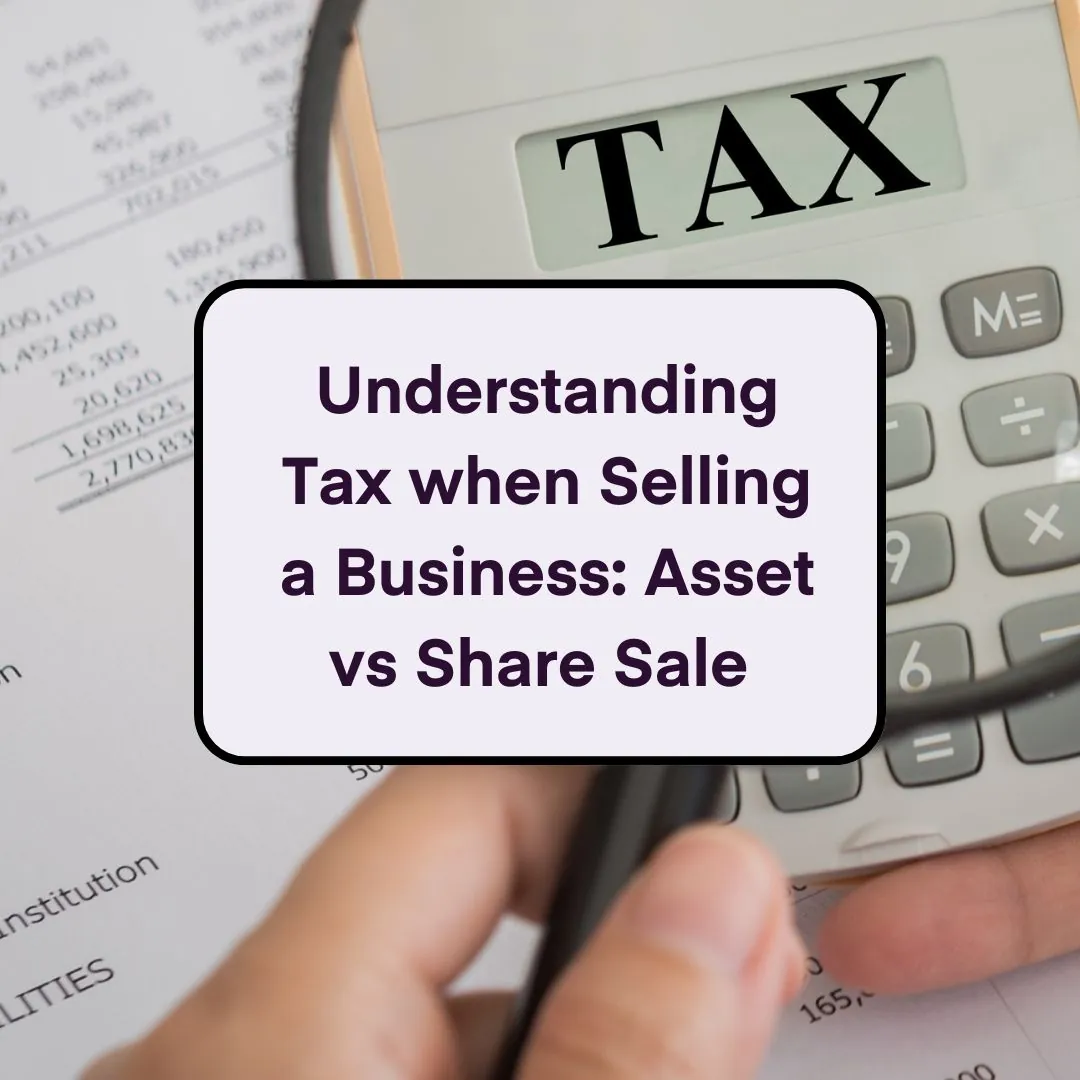
Tax Debate: Company car or car allowance?
24 Feb 2026This article was originally published in 2020. Tax rules on company cars, car allowances, Benefit-in-Kind (BiK) and employee mileage have changed significantly since then. The guidance below is updated for 2026 and reflects the latest UK tax treatments on company car benefits and taxable car allowances.
Company cars have long played a key role in employee benefits packages, but with taxes on company cars becoming increasingly complicated, many drivers are choosing to take a cash alternative and taking up the increasingly attractive and competitive personal contract purchase (PCP) deals instead.
As a small business accountant equipped with experienced, highly-qualified tax experts, we work with clients to help balance the incentive value of providing benefits in kind (BIKs) to employees with the wider tax implications for both the business and the employee and how each can be optimised.
Speak to our accountants in London today, or try our instant accounting quote tool and get a competitive fee in just 5 clicks.
Company Car or Car Allowance?
Established logic in recent years has become that a car allowance is better for your wallet than a company car, and allows a greater degree of choice, but does put an additional burden on the employee to maintain the car and track business mileage to make best use of the arrangement – it is their car after all.
With a car allowance, the most common route chosen by employees is to enter into a PCP agreement.
The amount of credit taken out for the PCP covers only the depreciation of the vehicle over the duration of the agreement, rather than its full value.
This keeps the monthly cost down, however, it does also tie the employee into a fixed term agreement spanning several years which can represent a risk to those whose employment is not considered secure.
When the customer reaches the end of the agreement, they have the choice to either hand the keys back, buy the vehicle or begin a new PCP agreement. In the meantime, they can claim business mileage back from their employer or against their income tax bill as incurred.
However, despite the tax efficiency and flexibility, according to figures released by HMRC in 2017, the number of employees paying company car tax has reached a five-year high.
Compared with a PCP deal, the company car offers greater security as the driver doesn't need to worry about maintenance, insurance or servicing costs.
From a tax perspective, a company car is taxed as a Benefit-in-Kind (BiK). The taxable value is calculated using the car’s P11D list price and an HMRC-set BiK percentage based on CO₂ emissions. For the 2026/27 tax year, fully electric vehicles attract a 4% BiK rate (up from 3% in 2025/26), while petrol, diesel and hybrid vehicles are taxed at higher rates depending on emissions.
Calculating the benefit tax
Every car has a BIK percentage band based on CO2 emissions, and a P11D value which is the list price, including extras and VAT, but without the first year registration fee and vehicle tax.
To calculate the BIK tax, multiply the P11D value by the BIK percentage banding, then multiply that figure by your top rate of tax - i.e. 20%, 40%, 45% or a super nasty marginal rate of 60% if you earn between £100k-£123k.
Consider a couple of different options for company cars.
Example 1: A fully electric vehicle with a P11D value of £40,000 and a 4% BiK rate creates a taxable benefit of £1,600.
-
A basic rate taxpayer (20%) would pay £320 per year.
-
A higher rate taxpayer (40%) would pay £640 per year.
Example 2: A higher-emission petrol or diesel vehicle with a 37% BiK rate and a P11D value of £50,000 would create a taxable benefit of £18,500.
-
A basic rate taxpayer would pay £3,700 per year.
-
A higher rate taxpayer would pay £7,400 per year.
The difference in tax liability between low-emission and high-emission vehicles remains significant in 2026.
Where an employee takes a car allowance and funds a vehicle privately (for example via a PCP agreement), they may claim HMRC Approved Mileage Allowance Payments for business travel:
-
45p per mile for the first 10,000 business miles
-
25p per mile thereafter
If paid at or below these rates, there is no additional taxable benefit.
What if I own my own company?
The decision changes a lot if you own your own company and the tax consideration vary dramatically based on your individual circumstance and the car you wish to drive.
Cars leased or purchased by a company can be used as a tax deductible expense of the company, offsetting the income tax charge on the benefit with a reduction in the corporation tax of the company.
Low-emission and fully electric vehicles may qualify for enhanced capital allowances or 100% first-year allowances (subject to current HMRC rules), making vehicle choice particularly important for director-owned businesses.
Furthermore, VAT registered businesses may be able to claim back some of the VAT suffered on the lease costs or purchase price too.
The main thing that will affect whether drivers go for a company car or a personal lease deal is their company car scheme.
If this isn't structured properly, then that's when people may start looking at PCPs with their cash allowance; it may allow them more manufacturer choice and therefore greater flexibility.
Taking the cash option gives you a wider variety of choice - if not complete freedom - when choosing to buy a car via a PCP over the company car option.
For more information on current small business tax changes and remuneration planning for 2026/27, speak to our team.




















